Taking a look back at recent years, there has been a substantial surge in the developer’s community to become full stacks. All the fresh graduates strive to see themselves as full stack developers at the start of their careers. However, they lose sight of the fact that only majoring in a single stack might be in their best interest.
Here is an interesting fact: “full stack developer/engineer is in the top 10 list of fastest-growing jobs on LinkedIn”. Now before you get all riled up, pursuing this job might not align well at the start of your career. This is because good mid-tier level IT companies and above have zero preference to hire junior level full stacks. Especially with it comes to the backend database there is a solid reluctance to handing this role to a junior.
What is the Skill Set of a Full Stack Developer?
A full stack developer’s skill ranges from being in charge of the front end technology combined with design knowledge. A solid grasp of the development language based on the framework he/she may be working on is necessary. Working with APIs cannot be missed at all. Plus both backend and server management should be in a full stack’s corner as well.
Who hires Full Stack Developers?
Most startups and SMBs who are new in the business seek full stack developers. This is the only reason for hiring a full stack employee. Having a tight budget allows them only to hire a single resource who is capable of handling the front and the back end. For high-profile projects, it’s always best to segregate the development for the front and back end. But they just have to make the exception and pull through with this structure.
Other companies foresee full stack developers as future managers but there is a catch to that. You should possess an experience level of more than 3 to 4 years for companies to envision you on a senior level.
Damage Control
Usually, when a full stack developer is on board, they handle practically everything. However, in their absence, the whole project can hit a full stop, missing deadlines or even worse i.e losing the project. This is why it is highly advisable to outsource a developer that can be a proper replacement. Hiring a dedicated software developer will not only be cost-effective but you’ll be able to see enhanced productivity. Think of it as an upgrade to your previous project setting.
vteams also outsource the best talent for you. You’ll be able to handpick developers that are a best match for your project requirements and your level of work. On top of all this, the transitional phase cannot be any smoother than ours. Icing a project will be the last of your worries. A dedicated software developer who will work day end day out to push your project to completion. What else
Don’t mix up Software Engineers with Full Stack Developers
There is always a battle going on, full stack developers vs software engineers. But, there is a significant difference between the two:
- A full stack developer looks after a project holistically while a software engineer works on a single aspect of the project.
- A software engineer builds and tests applications that run on computers to ensure there is no troubleshooting in between. While a full stack manages the design, APIs, and both the front end as well as the server.
- The interaction of software engineers with other teams is limited due to their fixed domain whereas a full stack stays highly engaged with his team as well as with the others.
- Problems for a full stack developer occurs when he adapts to new technology in the market and tries to implement it. While a software engineer faces loneliness as he works in isolation.
In a nutshell, both have different domains to handle and have separate job descriptions. In any scenario, a full stack developer will always foresee the issues and will know how to well-manage the project. While a software engineer will work on a specific part of the project.
Impaired Project Management
Project management is no joke! It is really essential to break down every task to formulate milestones accordingly. However, in case of a full stack, he/she has to carry the project themselves. The risk of being burnt out is really high as the level of support required to achieve the milestone becomes far-fetched.
The way around this is to hire resources, respective to their domains who’ll get the job done in an orderly way. Moreover, segregation of tasks helps to better manage the project.
If you think hiring a full stack developer will allow you to gain more projects then you’re wrong.
Basically full stacks have a tight grasp on the major stacks but don’t hold the mastery. At the baseline, they have a working knowledge of design but that doesn’t mean they can replace a UX/UI designer. Some dedicated designers can take care of that part.
The same is with the back end. It takes proper effort and time to embed payment gateways, handling sensitive and confidential information of your client and no chance for any screws of any sort.
“Jack of all trades, master of none”
It’s redundant really!
Asking any developer “are you a full stack?” will always push them against the corner. By affirming to being a full stack they agree to work with multiple databases, operating systems, and two or more programming languages. But the question that needs to be asked is what is their core expertise? Every developer has core expertise, either they have substantial experience on the frontend while keeping in touch with the backend database or they’ve built their foundations in the backend and maintained a working knowledge of the front end.
If you really want to put a smile on your client’s face, then it is in your best interest to not rely on a full stack developer! In today’s day and age, it doesn’t make sense to hire one when you can have 3 to 4 resources who’ll get the job done in the most proficient way possible.
Wrapping Up!
Adaption is the key to thriving in today’s dynamic business environment. But most importantly, it is about successfully delivering the projects which the client seeks. Think of it this way: your client’s satisfaction rate ultimately goes up if you adhere to the project requirements and on-time delivery factors. As mentioned above, having a dedicated resource onboard can bring more flexibility in the development process rather than having a full stack developer solely.
So make the right choice, and let us know. We are here to help!
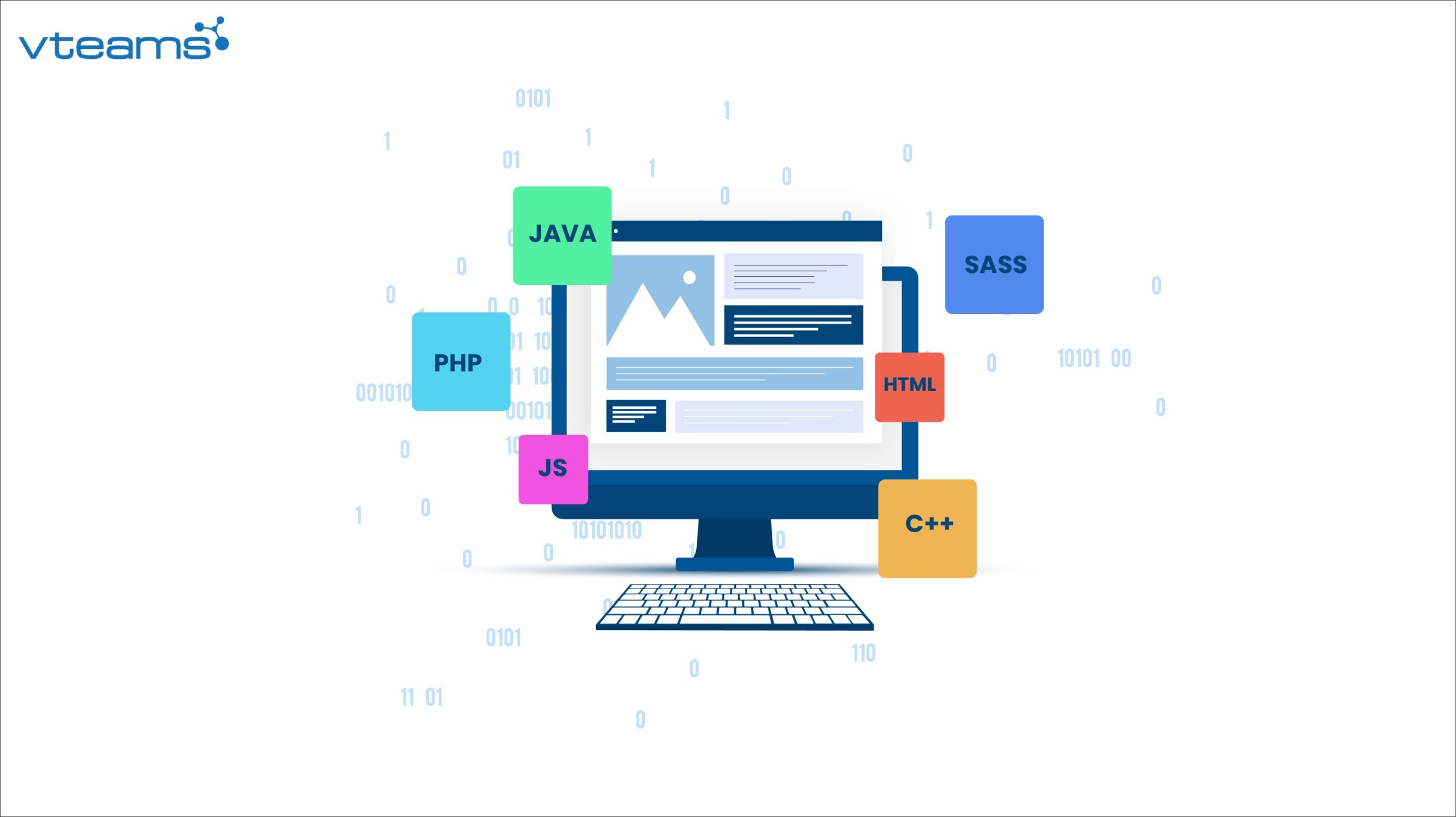

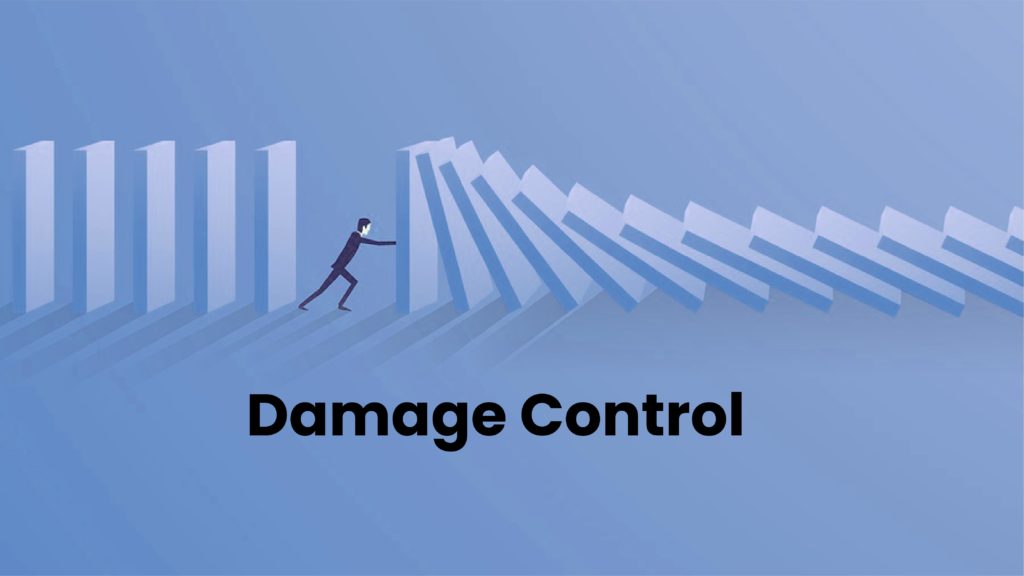
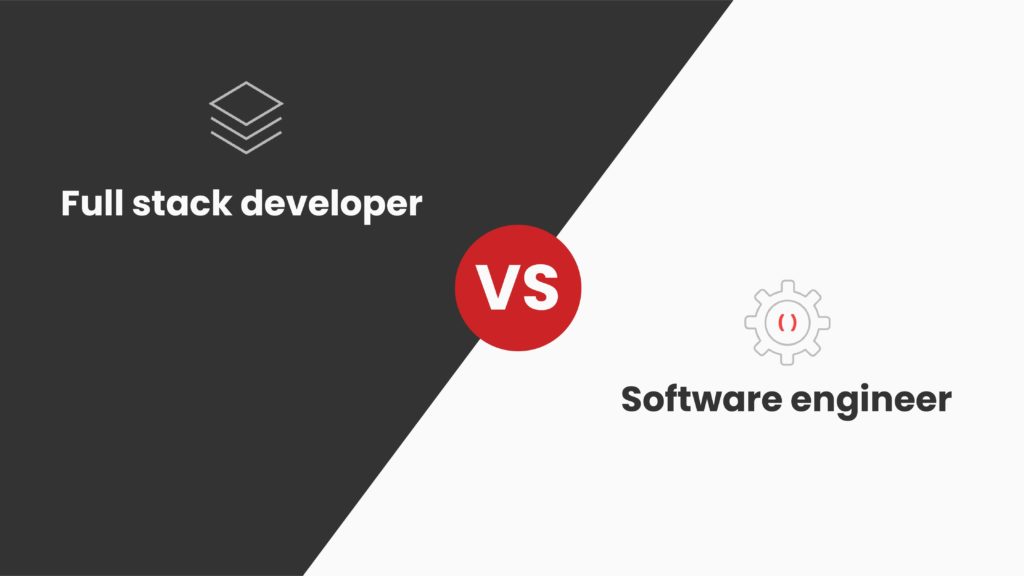







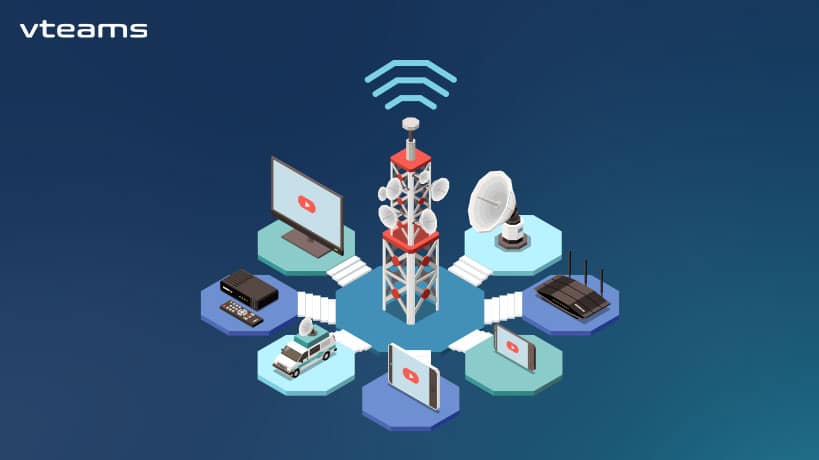
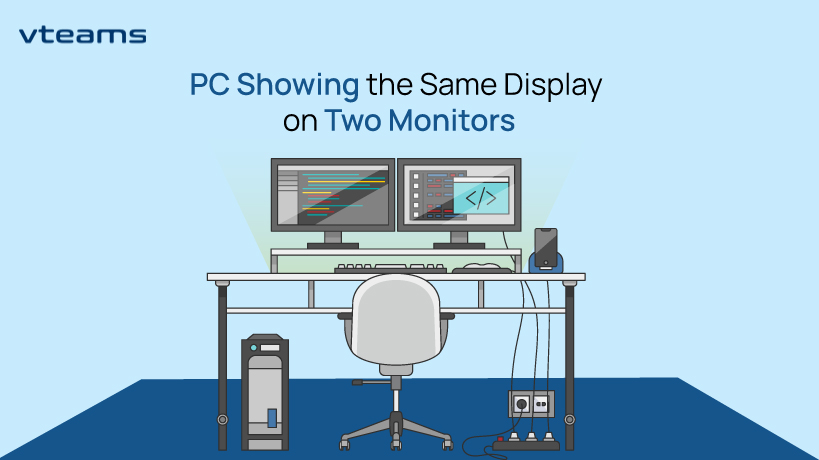




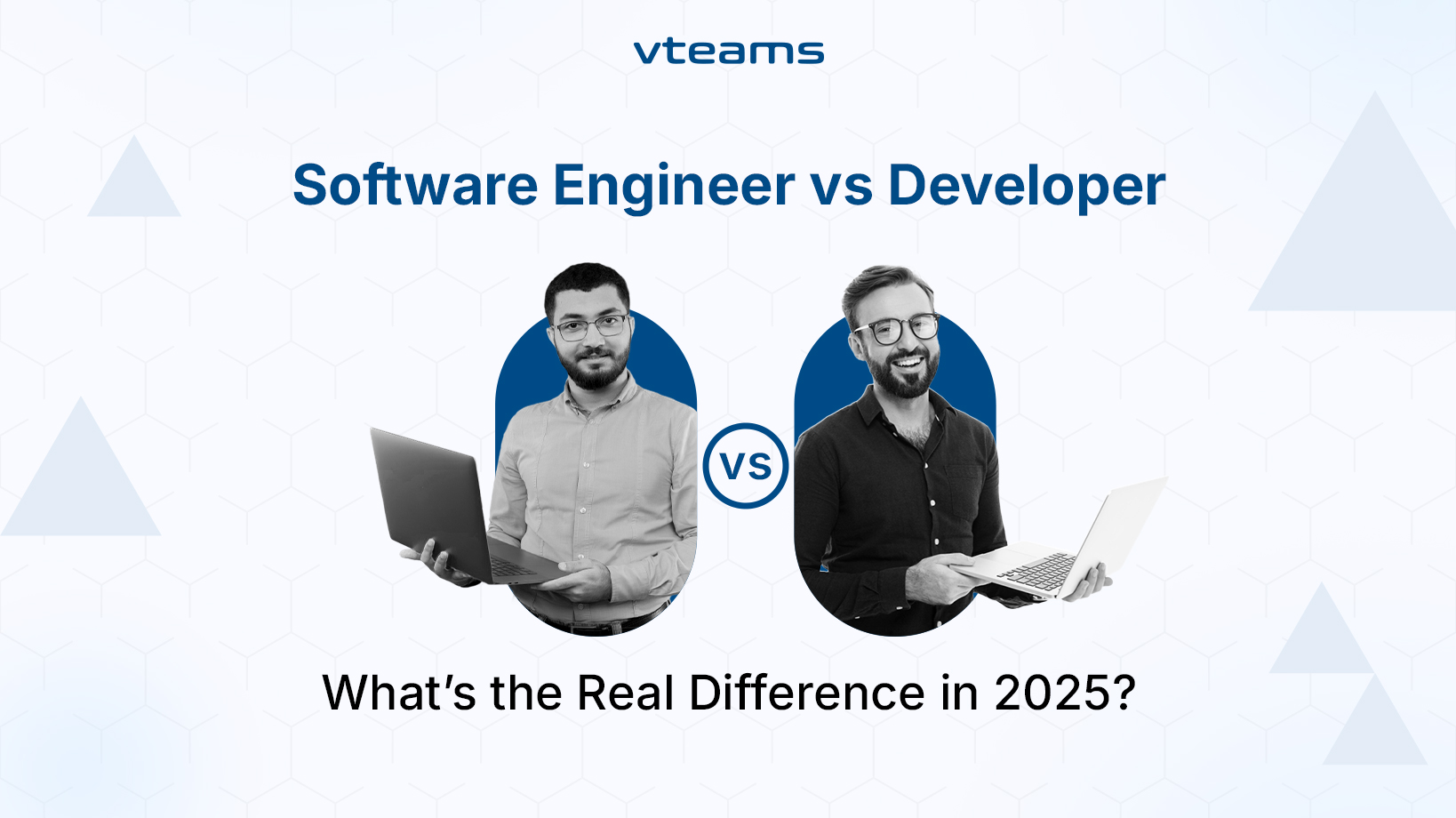
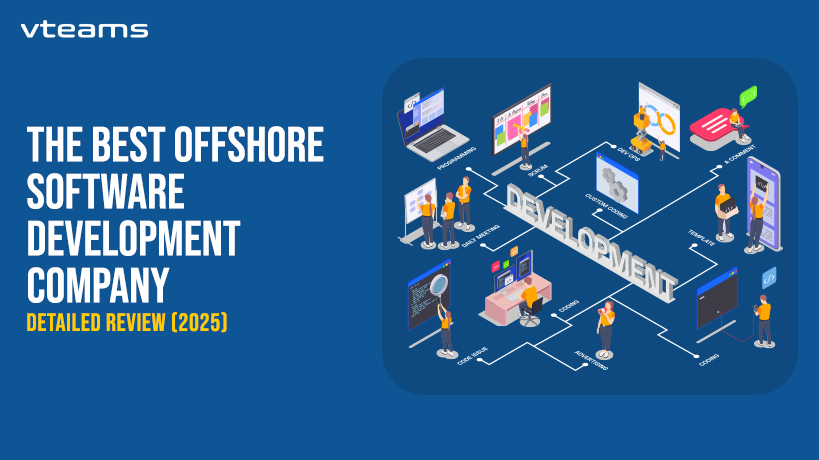
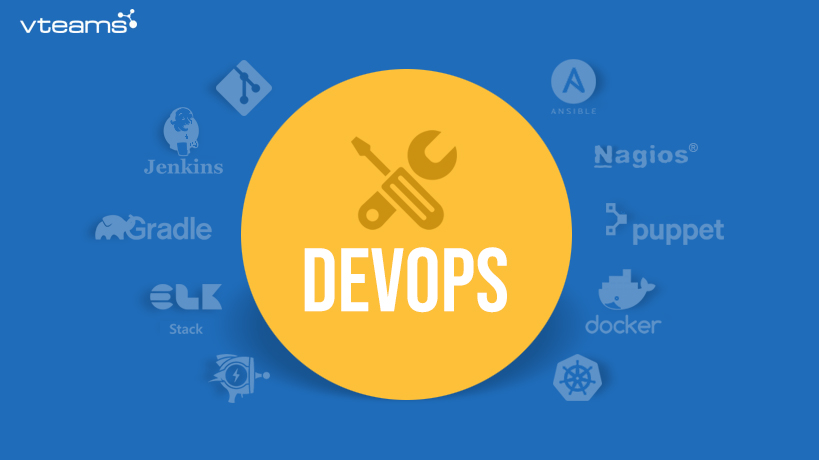
0 Comments